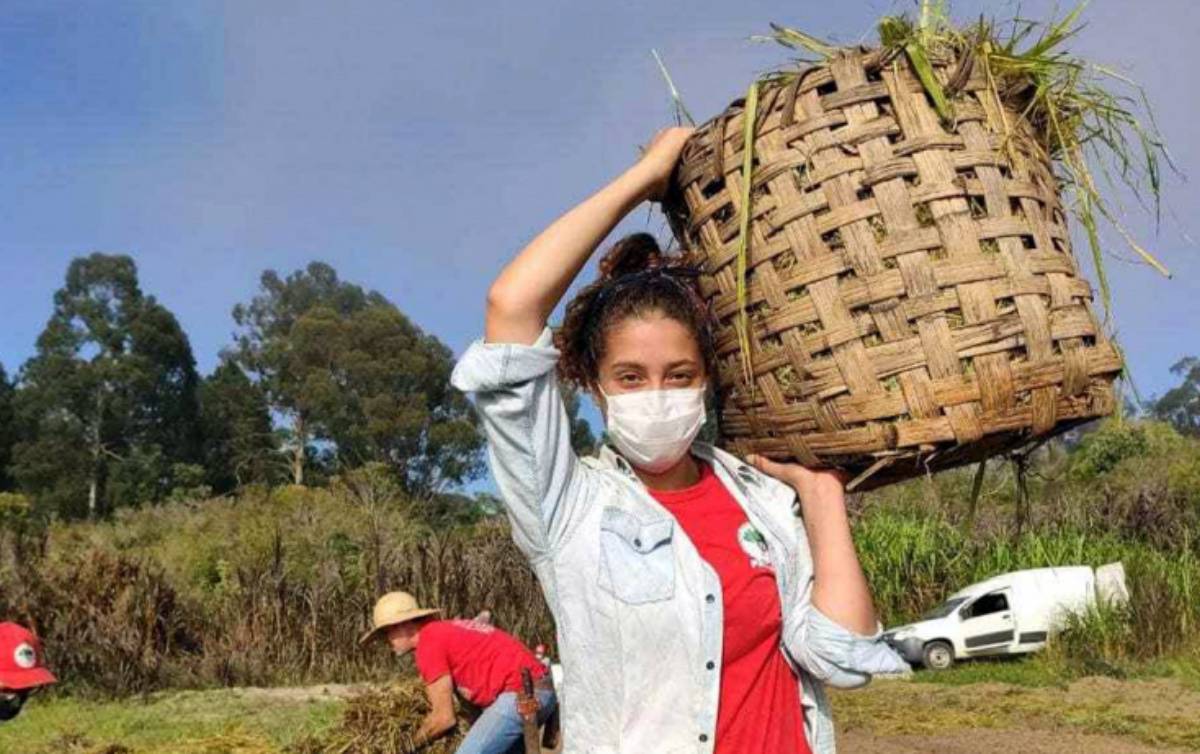
According to the Food and Agriculture Organization of the United Nations (UN), gender equality can reduce the food insecurity of 45 million people. A report released by the entity comments that reducing this inequality can increase the production of agrifood systems.

This happens, among several reasons, because women earn less than men for the same type of work. Women working in agrifood systems earn just 82 cents for every dollar men earn. Thus, salary increases, egalitarian conditions and greater social policies (full daycare centers) can help fight hunger.
The discussion is important because, also according to the FAO, 36% of women working globally are involved in agro-food production systems. Heliani Berlato, a professor at the Luiz de Queiroz College of Agriculture (Esalq), comments on this scenario: “There is also always a precariousness in mode of operation of this woman’s work. Often related to social roles. So this is an important point that needs to be highlighted. The best ways we understand to promote gender equality start first from awareness. The awareness that society needs to have about the work of men and women, this is how we will advance in the discussion of gender equality, especially in the countryside, where we also have a family farm with a lot of work”.
In addition, the National Survey on Food Insecurity reveals that food security is lower in households headed by women. While those headed by men have a food security rate of 47.9%, the number drops to 37.05% when women are the heads, that is, more than six out of ten households headed by women are classified in some level of food insecurity. It is also interesting to note that even in families with higher incomes, with women as the reference person, the risk of food insecurity is greater.
Finally, Heliani also explains that the relationship between food insecurity and female work in agriculture refers to the promotion of dignified conditions for women’s work, a factor that would promote the productivity of the system and the reduction of hunger on a global scale. It is understood, therefore, that assigning due protagonism to women’s work can be a good way to solve the problem.
More people living with hunger
The Second National Survey on Food Insecurity revealed that, between the end of November 2019 and April 2022 (a period of one year and four months), 14 million people began to live with hunger in Brazil. The covid-19 pandemic was a strong aggravating factor for the situation, however, it is necessary to understand that hunger has deep roots in Brazilian history.
Dirce Marchioni, a professor at the USP School of Public Health, explains the meaning of the word: “Food insecurity means lack of access to food in adequate quantity and quality to guarantee health. In contrast, food security represents the realization of everyone’s right to regular, permanent and unrestricted access to quality food, either through financial purchases or directly, food that is safe and in adequate and sufficient quantity and quality, without this compromise access to other essential needs such as education and health”.
food insecurity
“In the world, according to a report just released by the United Nations and several multilateral organizations, acute food insecurity increased from 83 million people in 2016 to 193 million in 2021 and 253 million in 2022. That is, it tripled in six years” , comments Ricardo Abramovay, a professor at the Faculty of Public Health at USP, when reflecting on the worldwide increase in this scenario.
It is important to mention that less severe forms of food insecurity are also on the rise. In 2021, undernourishment reached 9.8% of the world’s population, a value that represents about 800 million people. The professor adds that there are different forms of undernourishment, the less severe ones affect 30% of the world’s population, around 2.3 billion people.
On the national scene, the Second National Survey on Food Insecurity revealed that six out of ten Brazilians do not have full access to food and that 15% of the population faces a situation of hunger, that is, around 33 million people. The same survey revealed that 8.2% of families reported feelings of shame, sadness or embarrassment to guarantee what to eat.
Food insecurity presents different justifications for its birth, among which are the increase in unemployment and the scrapping of public policies to value the minimum wage, for example. Abramovay also highlights the importance of understanding and fighting against the dismantling of social policies that, in crisis situations, make it possible to locate the most vulnerable segments of the population and at least guarantee them food.
Dirce Marchioni concludes that the fight against hunger and the guarantee of food security represent complex problems, which have multiple causes and their roots are based on the social inequality present in the national territory, thus, solutions to the issue must be thought of in order to guarantee the health of the individuals and the planet.
Originally posted by Rede Brasil Atual
Join our WhatsApp group, clicking on this link
Join our Telegram channel, click this link
Source: https://www.diariodocentrodomundo.com.br/onu-afirma-que-igualdade-de-genero-pode-reduzir-a-inseguranca-alimentar/

